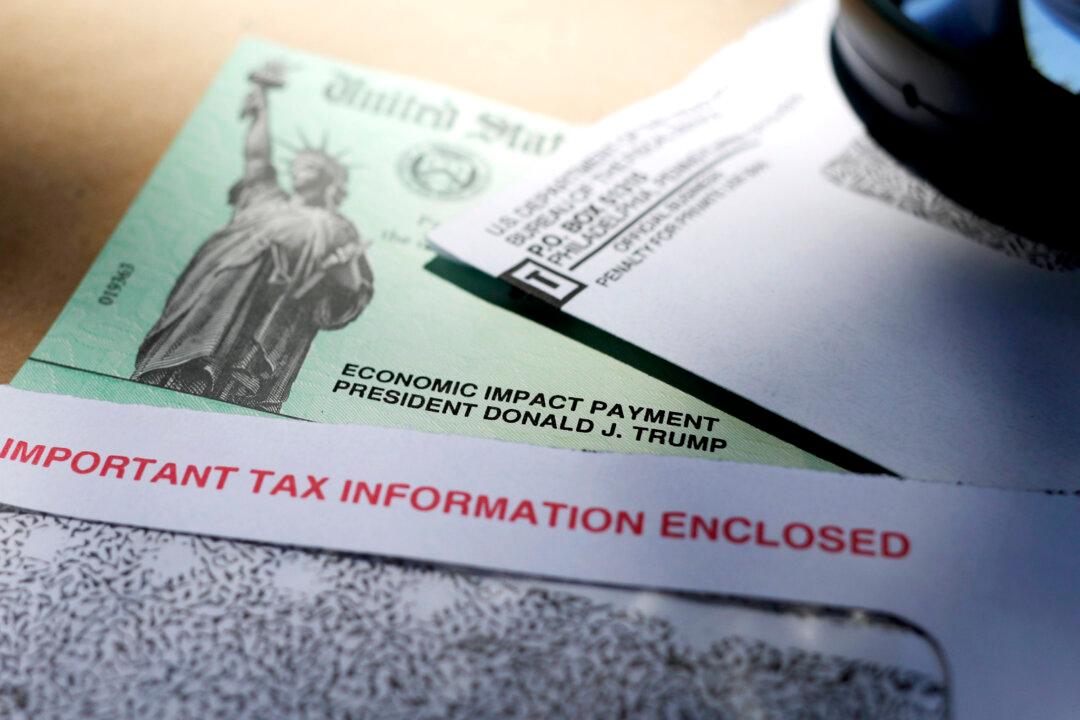Republican lawmakers are in the process of drafting their next pandemic relief package which they have indicated will stay within the $1 trillion range as compared to the Democrat’s current relief package, which is close to $3 trillion.
While leaders from both parties have said they want funding for testing and treatment for COVID-19 and funding for schools to be included in the next package, unemployment relief, stimulus checks, hazard pay for essential workers, and liability insurance are some of the areas that are not yet agreed upon.





